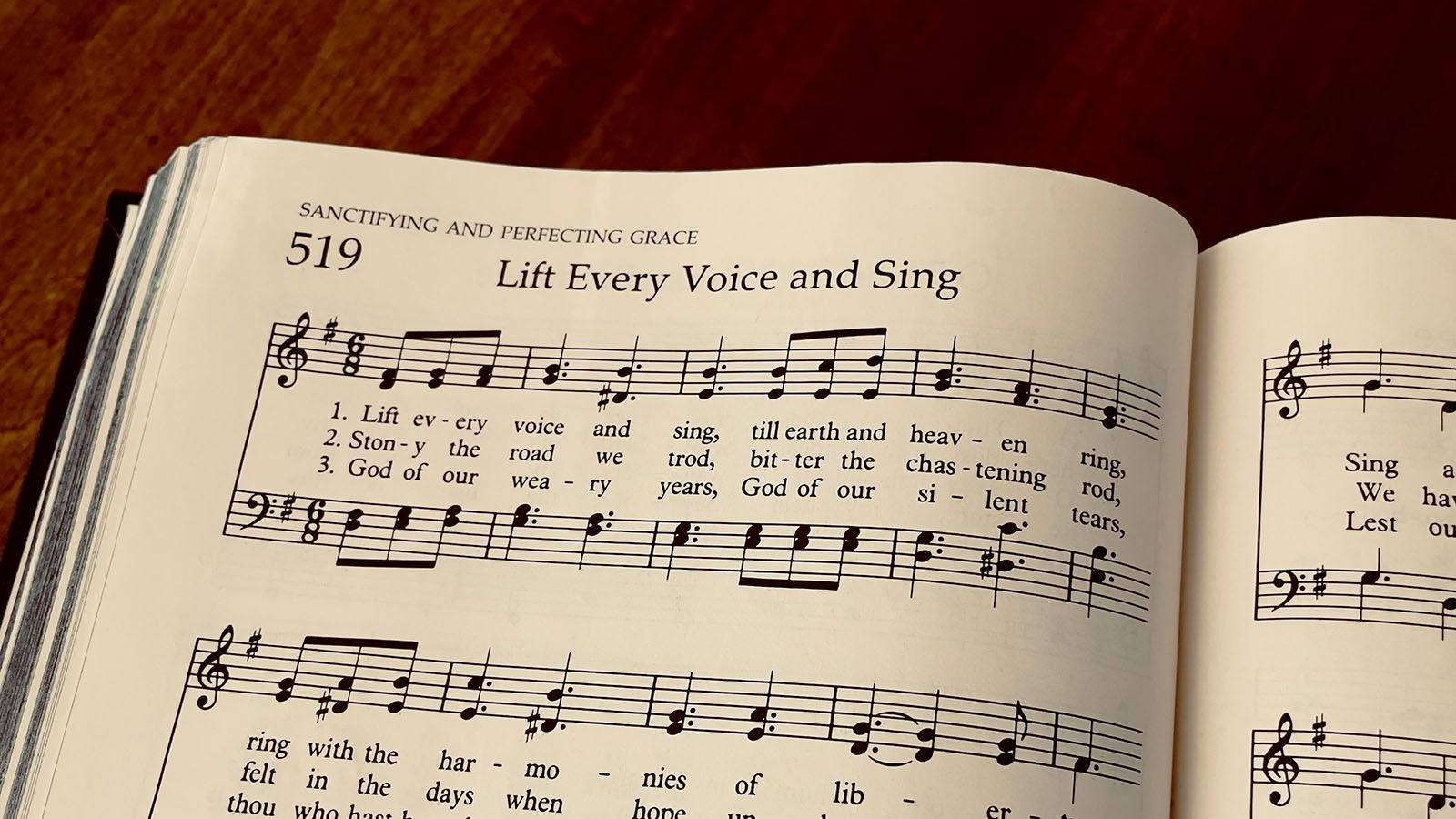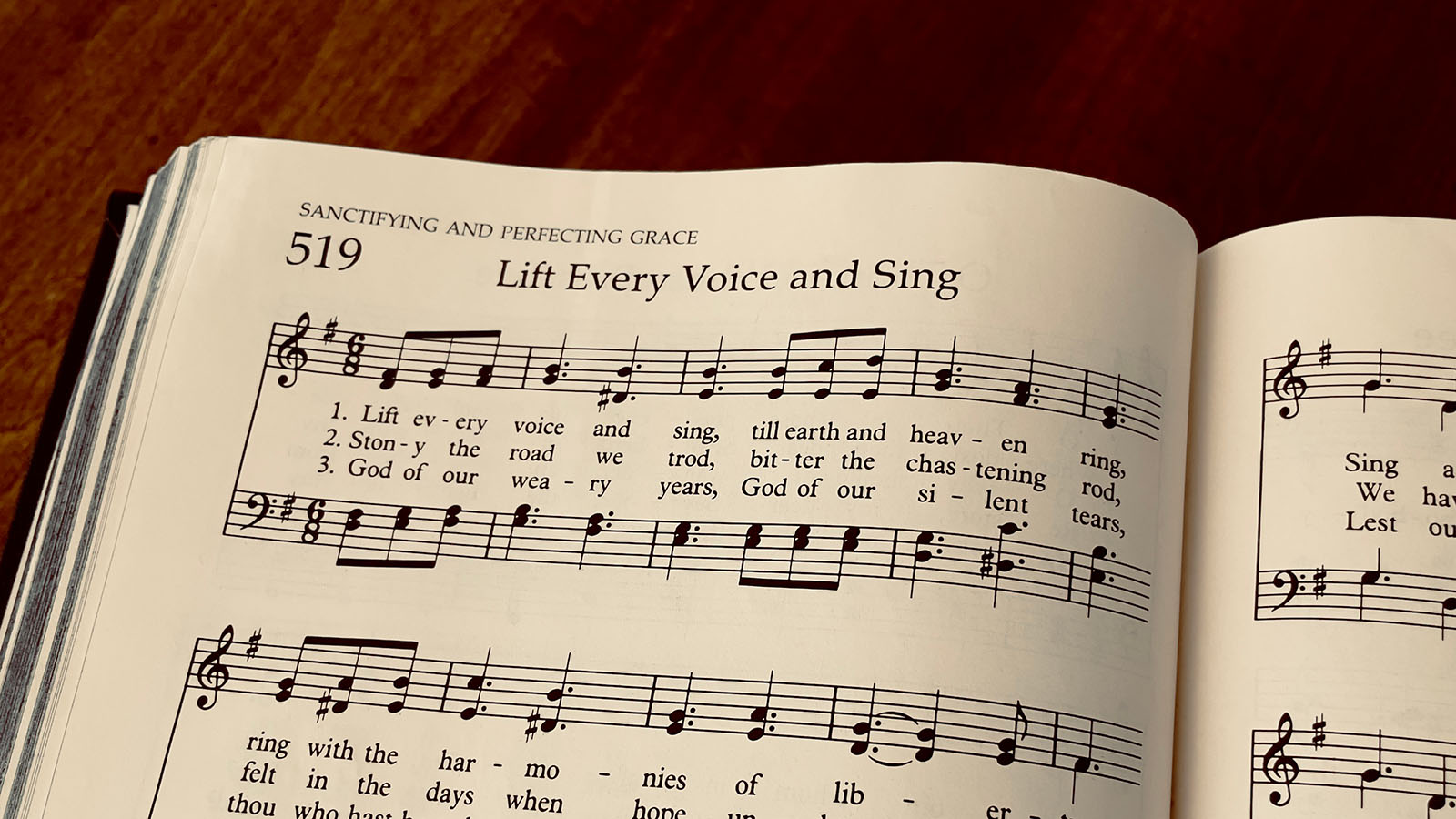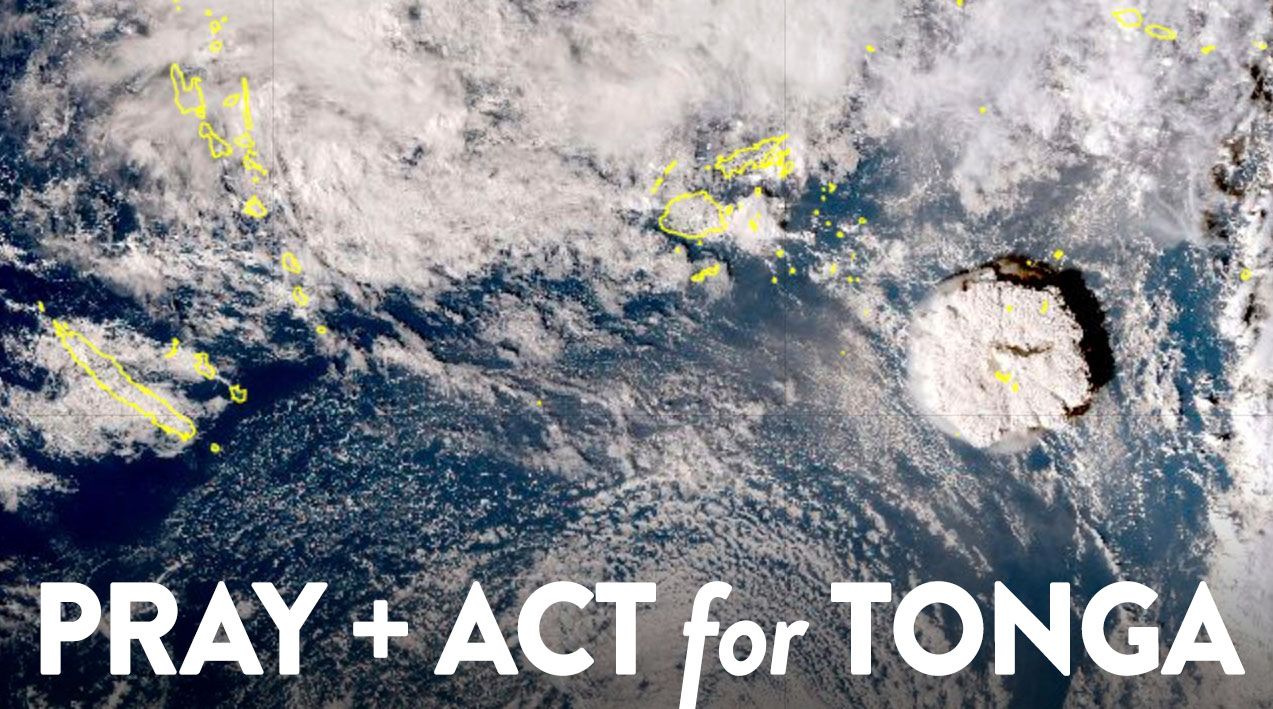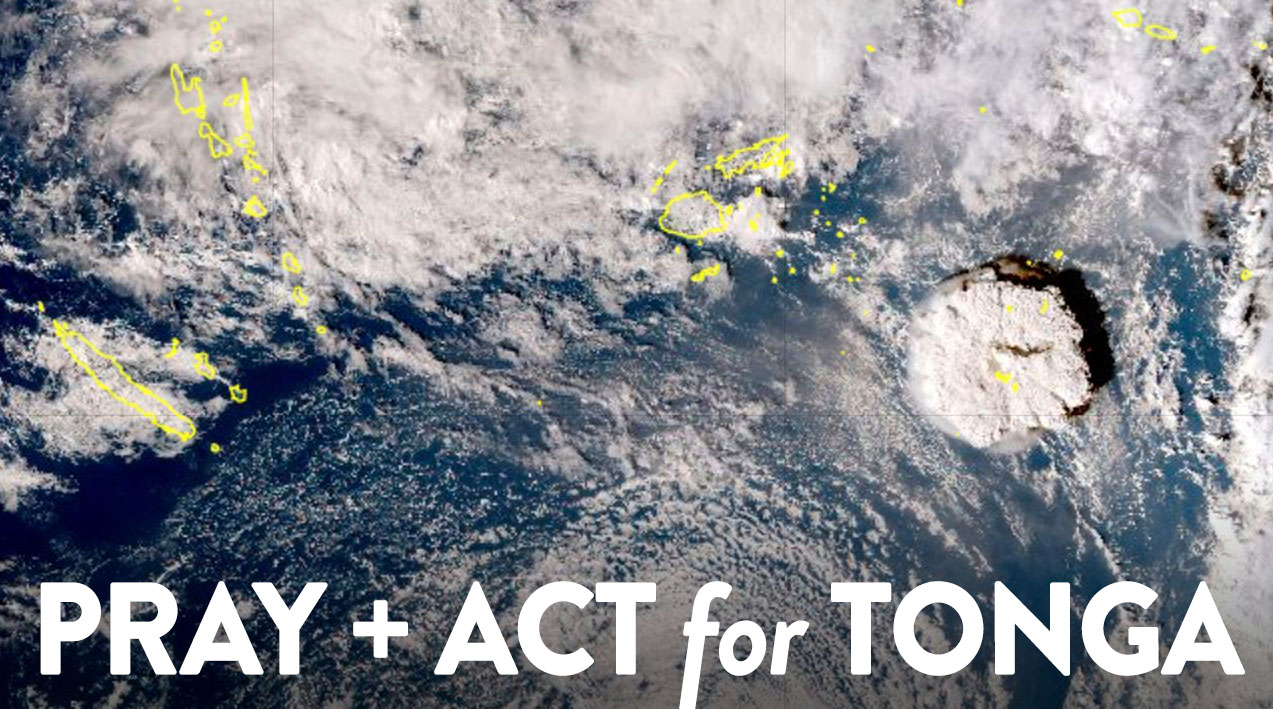Transcript
“By the tender mercy of our God, the dawn from on high will break upon us, to give light to those who sit in darkness and in the shadow of death, to guide our feet into the way of peace.”
Grace to you this morning, we are well into the holiday season, the holy holiday season. And I have not been speaking to you, my people across the Greater Northwest Area of The United Methodist Church much lately. Time and again, I have thought I want to give a good word, to share good news with the people that I serve with. And yet, the words have not come.
So, I want to start this morning just by saying thank you again. I hope you’ve heard me say thank you before. This has been an awkward and difficult and trying season and you have kept alive, most of you. And we mourn those who have not made it through this pandemic for reasons of COVID or other life circumstances and health circumstances that have taken their lives.
But those of you who are listening to this message, who are hearing this message today, you are alive and you’re serving and you’re caring, you’re struggling at times. Thank you. God works through us. Whether we feel up to the task or not. People find blessing in us. And so, we get up each morning, we greet the sun, and we go on, as best we can, spreading love and hope and tenderness to the people that we encounter. So, thank you. Thank you, God bless you and keep you.
It is a strange and disorienting time, though, isn’t it? Don’t you find it so? I certainly do. There are so many urgent matters to give our attention to, to open our hearts to, to learn about, to respond to with compassion and understanding. Every time I think about bringing you a good word, I find myself caught.
Shall I speak about the climate and the flooding and the wildfires and the need to move away from fossil fuels and find new sustainable sources of energy?
Shall I speak to you about COVID and the deaths and the dangers and the trials of not being able to gather and sing together?
Shall I speak to you of January 6 and the divisions that seem to be separating us as people in our nation and threatening the very foundation of civil society?
Shall I speak to you about racism and the trials of Rittenhouse and the people who killed Ahmaud Arbery and Charlottesville and the danger of losing voting rights?
Each time I think about what to speak to you about, I think, if I speak one word, it leaves unspoken those other words, and we carry it all, all at the same time. And yet we can’t speak of it all at the same time. And so, I have found myself in a season of silence. Not because I don’t feel deeply, not because I’m not attuned with what you’re struggling with, with what the world is struggling with. But I find myself unable to speak because it is so broad and so deep and there’s so much, it’s hard to know where to begin.
I turned to scripture, into prayer, deeply in the last couple of weeks to prepare for this message and what I found there were two great stories in the Gospel of Luke of people being drawn into stillness.
The first is from Luke 1 and it’s the song of Zechariah. You remember Zechariah is married to Elizabeth and Elizabeth becomes pregnant with the baby that will become John the Baptist. And Zechariah receives this announcement and is puzzled by it and doesn’t quite trust it. He and Elizabeth are older and not sure they can have children. And so, he questions the angel that brings him this news. And the angel strikes him silent, takes his voice away for doubting the word from God.
And he sits in silence, then until you recall that Elizabeth gives birth, the baby is born. They’re going to name it Zechariah after his father, and Mary says, “No, his name is John.” And that people turn to Zechariah and say, “What do you say about this? What do you think, shouldn’t the baby be named after you?” And Zechariah gets his voice back, his voice returns. And he says, he doesn’t say I want to name him, John. He doesn’t say I name him John. He says, “His name is John” as if it comes from beyond. It’s a powerful moment in the scripture.
And then I’m drawn also to Mary. And all that she pondered in her heart as the world was swirling around her and she had given birth to this new baby and shepherds and angels, and the sky opened up and prophets are speaking, and she speaks a word. But then she ponders it all in her heart.
The writers of the Bible, know what we’re going through – the fear, the disorientation, the danger, the displacement, exclusion, betrayal, the plagues. They know it all, it’s all in the story. It’s not a happy Christmas Eve story with babies in and animals in a barnyard and halos. It’s also a story of deep displacement, disregard, flight. And yet, it’s a story that invites us to wait, to find our own silence, to anticipate, not to wait passively, but to anticipate and watch for and prepare for, and live in hope.
Because the core of the scripture is the message that what’s going on around us what we see with our eyes, what we hear with our ears, what we experience in the complex and unpredictable social lives we lead isn’t everything, that beneath it, there is a spirit. There is a place where our souls live, there is a place where God who watches and tends the whole complexity of our lives, tends to us, plans for a good future, and invites us to partner in creating that future.
So here we are. We’re invited into this season of Advent which is all about coming. Advent means coming. It’s about God coming into the world, yes, in the baby Jesus. But God coming every year as we celebrate Advent, every day, as we awaken to the dawn, to lead us in new ways, to teach us new things, to invite us to participate in our own lives in the world with open eyes, and new awareness.
I want to read to you Psalm 46 this morning. You can hear this as foolish optimism, superficial wishful thinking, or you can hear it as an invitation to look for where the goodness and the hopefulness that God promises is alive and being born in the world.
Our defense is sure, our shelter and help in trouble, God never stands far off. So we stand unshaken when solid earth cracks and volcanoes slide into the sea. When breakers rage and mountains tremble, the Lord of cosmic power, Jacob’s God, will shield us.
A river delights the City of God, home of the Holy One most high. With God there, the city stands. God defends it under attack. Nation’s rage, empires fall. God speaks, the earth melts. The Lord of cosmic power, Jacob’s God, will shield us.
Come, see the wonders God does across the earth. Everywhere stopping wars, smashing, crushing, burning all the weapons of wars. An end to your fighting. “Acknowledge me as God,” God says. High over nations, high over Earth, the Lord of cosmic power, Jacob’s God, will shield us.
And so, in the season of Advent, we wait. We anticipate. We prepare. We hope for what the scripture tells us is the truth we sometimes cannot see.
Be still. Be still with Zechariah. Be still with Mary. Be still with Job. Be still with Jesus in the garden.
Don’t be consumed by what you see on television or on social media. Watch for help in trouble. Notice where our world, our city, our neighborhoods are being made glad.
Pray with me this breathing prayer. Come, Jesus, be born in us today. Come, Jesus, be born in us today. Come, Jesus, be born in us today. And see if you can get up about seven in the morning or a little bit earlier and to look outdoors, find a place that looks east and see if you can see the sun rising.
“By the tender mercy of our God, the dawn from on high will break upon us, to give light to those who sit in darkness and in the shadow of death, to guide our feet into the way of peace.”
May it be so for you, for your congregation, for your neighborhood and for God’s amazing wide world.
Amen.


















